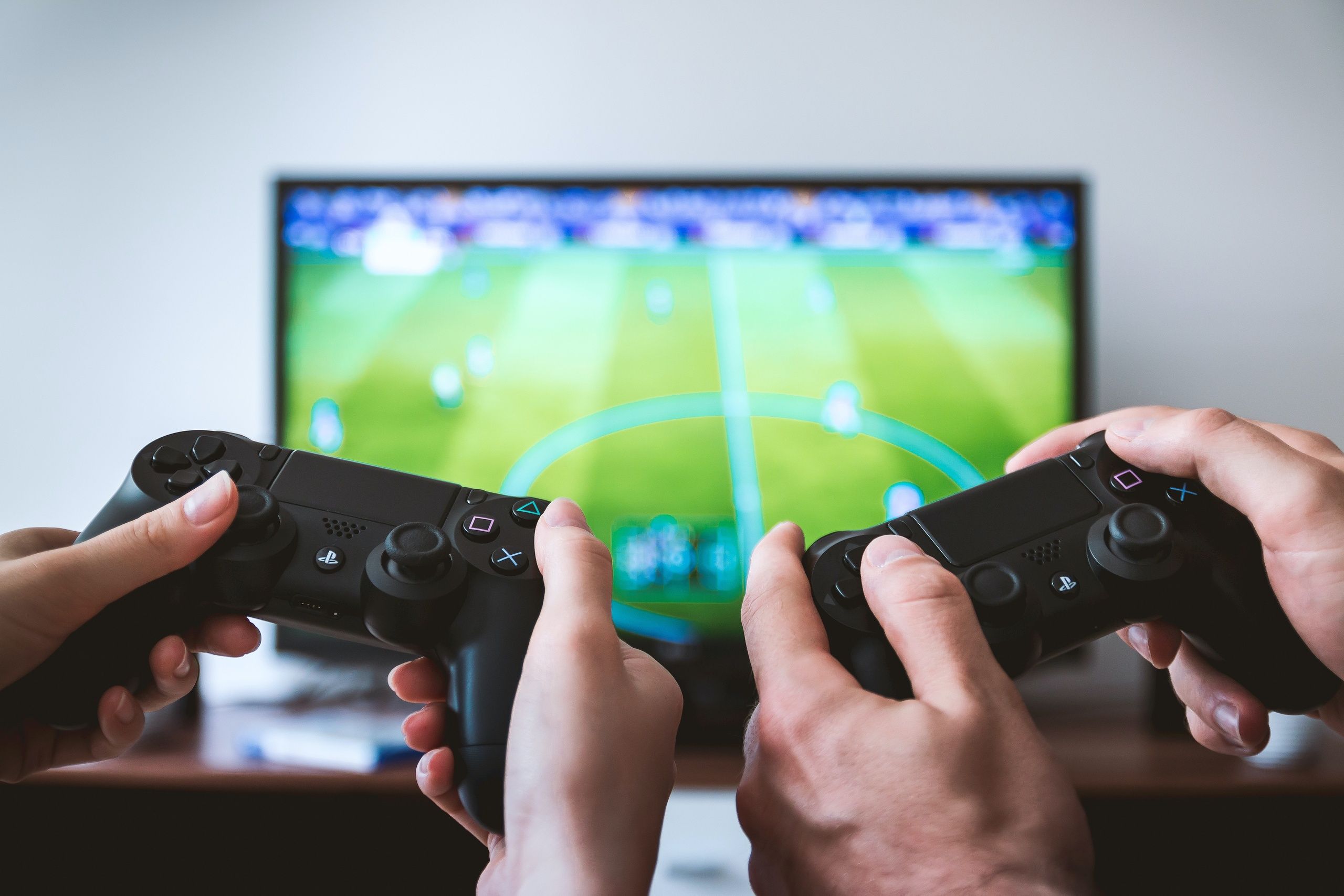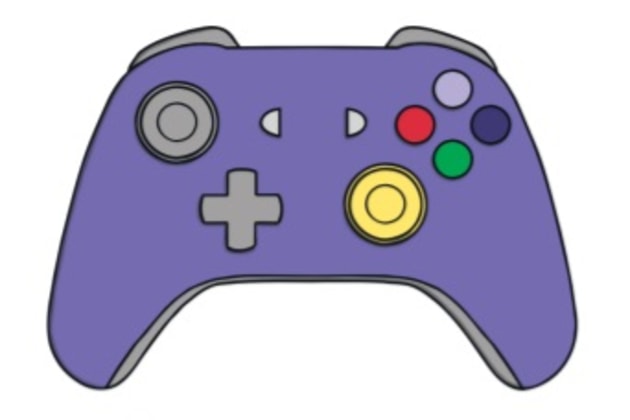The world of gaming has experienced unprecedented growth in recent years, with millions of people around the globe engaging in various forms of digital entertainment. As the popularity of gaming continues to soar, concerns about its impact on mental health have also increased. While some argue that games can have a positive effect on mental well-being, others claim that excessive gaming can lead to a range of negative consequences, including addiction, anxiety, and depression. In this article, we will delve into the complex relationship between games and mental health, exploring both the benefits and drawbacks of this increasingly popular form of entertainment.
The Benefits of Gaming on Mental Health
Research has shown that games can have a positive impact on mental health in several ways. For example, games can provide a healthy distraction from 온라인 슬롯 and anxiety, offering a temporary escape from the pressures of everyday life. Additionally, games can promote social connections and community building, helping to combat loneliness and isolation. Multiplayer games, in particular, offer opportunities for players to interact with others, develop teamwork skills, and build lasting relationships. Furthermore, certain games, such as puzzle games and strategy games, can improve cognitive function, enhance problem-solving skills, and boost self-esteem.

The Dark Side of Gaming: Addiction and Negative Consequences
While games can have a positive impact on mental health, excessive gaming can lead to a range of negative consequences. Gaming addiction, also known as gaming disorder, is a recognized mental health condition characterized by excessive and compulsive gaming behavior. Symptoms of gaming addiction include spending increasing amounts of time playing games, neglecting responsibilities and relationships, and experiencing withdrawal symptoms when unable to play. Gaming addiction can lead to a range of negative consequences, including sleep deprivation, social isolation, and decreased physical activity. Moreover, excessive gaming has been linked to an increased risk of depression, anxiety, and other mental health problems.
The Impact of Game Content on Mental Health
The content of games can also have a significant impact on mental health. Games that feature violent or disturbing content, for example, can increase aggression and decrease empathy in players. Additionally, games that promote unrealistic beauty standards or perpetuate negative stereotypes can contribute to body dissatisfaction and low self-esteem. On the other hand, games that promote positive values, such as kindness, empathy, and self-care, can have a positive impact on mental health. Games that feature relatable characters and storylines can also provide players with a sense of connection and understanding, helping to reduce feelings of loneliness and isolation.
The Role of Parents and Caregivers in Promoting Healthy Gaming Habits
Parents and caregivers play a crucial role in promoting healthy gaming habits in children and adolescents. By setting limits on gaming time, monitoring game content, and encouraging physical activity and socialization, parents can help mitigate the negative effects of gaming on mental health. Additionally, parents can engage in open and honest conversations with their children about gaming, discussing the potential risks and benefits and encouraging responsible gaming behavior. By taking an active role in promoting healthy gaming habits, parents can help their children develop a positive and balanced relationship with games.

The Future of Gaming and Mental Health
As the gaming industry continues to evolve, it is essential that game developers, policymakers, and mental health professionals work together to promote healthy gaming habits and mitigate the negative effects of gaming on mental health. This can involve developing games that promote positive values and healthy behaviors, providing resources and support for players struggling with gaming addiction, and conducting further research into the impact of games on mental health. By working together, we can create a gaming industry that prioritizes the well-being and mental health of players, promoting a positive and enjoyable gaming experience for all.
Conclusion
The impact of games on mental health is a complex and multifaceted issue, with both positive and negative consequences. While games can provide a healthy distraction, promote social connections, and improve cognitive function, excessive gaming can lead to addiction, anxiety, and depression. By understanding the benefits and drawbacks of gaming, parents, caregivers, and mental health professionals can work together to promote healthy gaming habits and mitigate the negative effects of gaming on mental health. As the gaming industry continues to evolve, it is essential that we prioritize the well-being and mental health of players, creating a gaming industry that promotes positive values, healthy behaviors, and enjoyable gaming experiences for all.